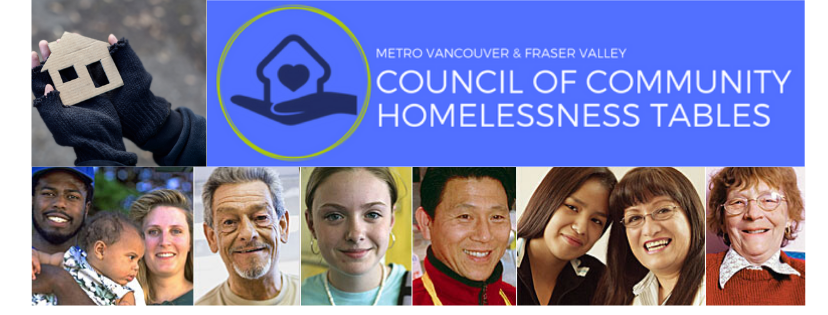Why are people homeless?
Everyone who is homeless has their own story. Each of the stories is usually linked to one or more of the following:
- Not enough income
- Lack of affordable housing
- No access to health care or social support services
Not enough income means that a person does not have enough money to pay for the basic necessities of life.
The 2008 Metro Vancouver homeless count found that while nearly half the people surveyed received some form of social assistance and many others had income from employment, these sources of income were not sufficient to cover their basic living costs. Under provincial guidelines established in 2008, the maximum housing allowance available to a single person on social assistance continues to be $375/month.
Lack of affordable housing means that a person cannot find housing that costs a reasonable amount compared to his or her income. In 2010 in Metro Vancouver, the average rent for a one bedroom apartment was nearly $950 per month. To pay this, someone working 40 hours a week at $10/hr would need to spend more than half of what they earn on rent before paying taxes or other deductions.
A good measure of affordability is housing that costs no more than 30% of the pre-tax income of someone earning a modest income.
No access to health care or social support services means that a person cannot find, or is not receiving, the services she or he needs in order to find and keep housing. Support services can include drug and alcohol treatment, mental health services, counseling and assistance with daily living. Sometimes these support services are delivered as part of a housing service (e.g., a nurse on site) and sometimes they are in the community (e.g., community mental health services).
Printable Fact Sheet: Why are people homeless?
